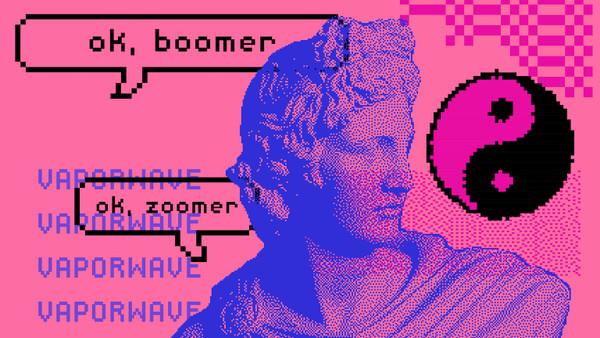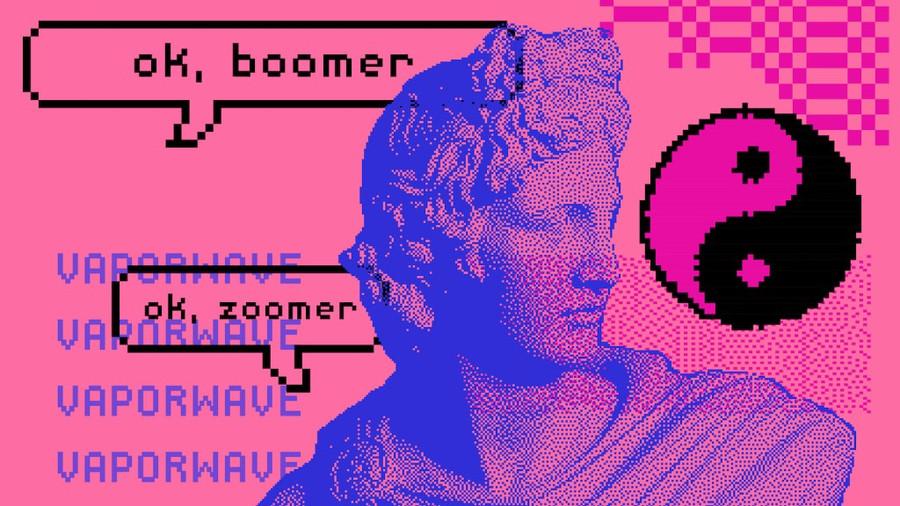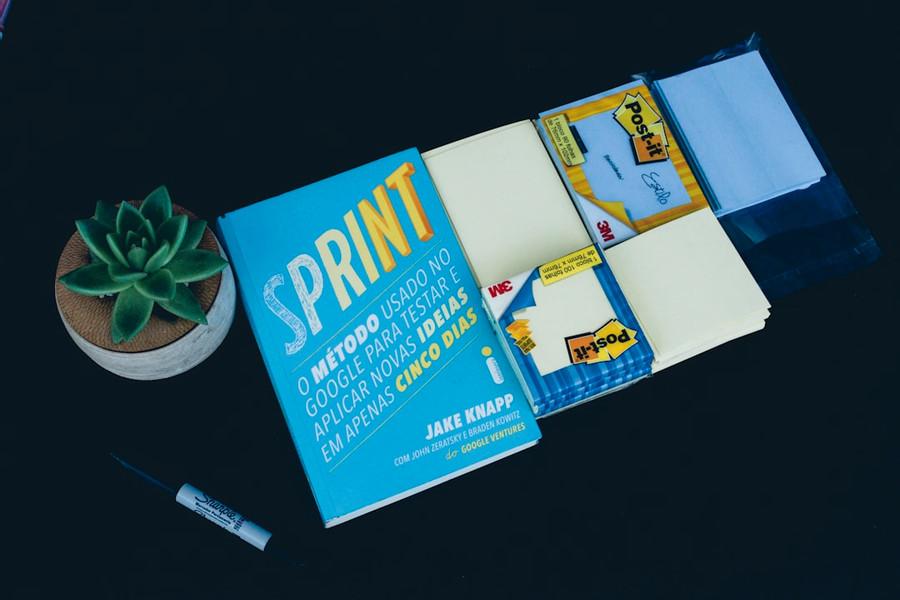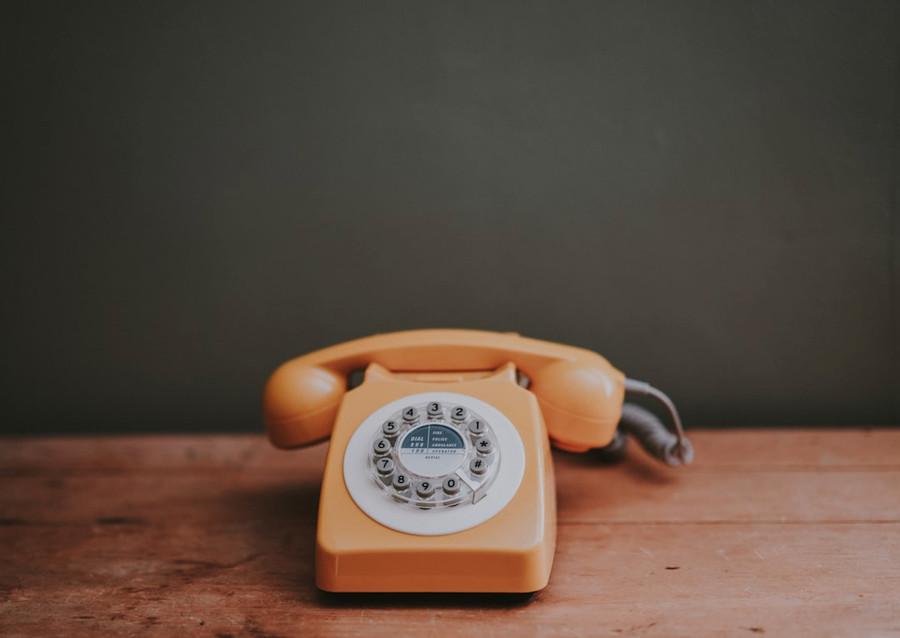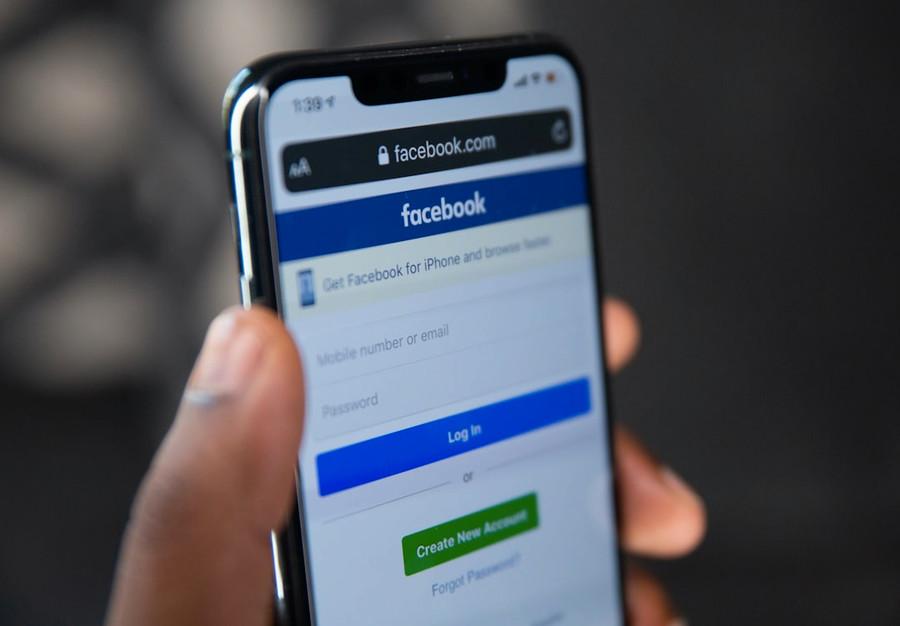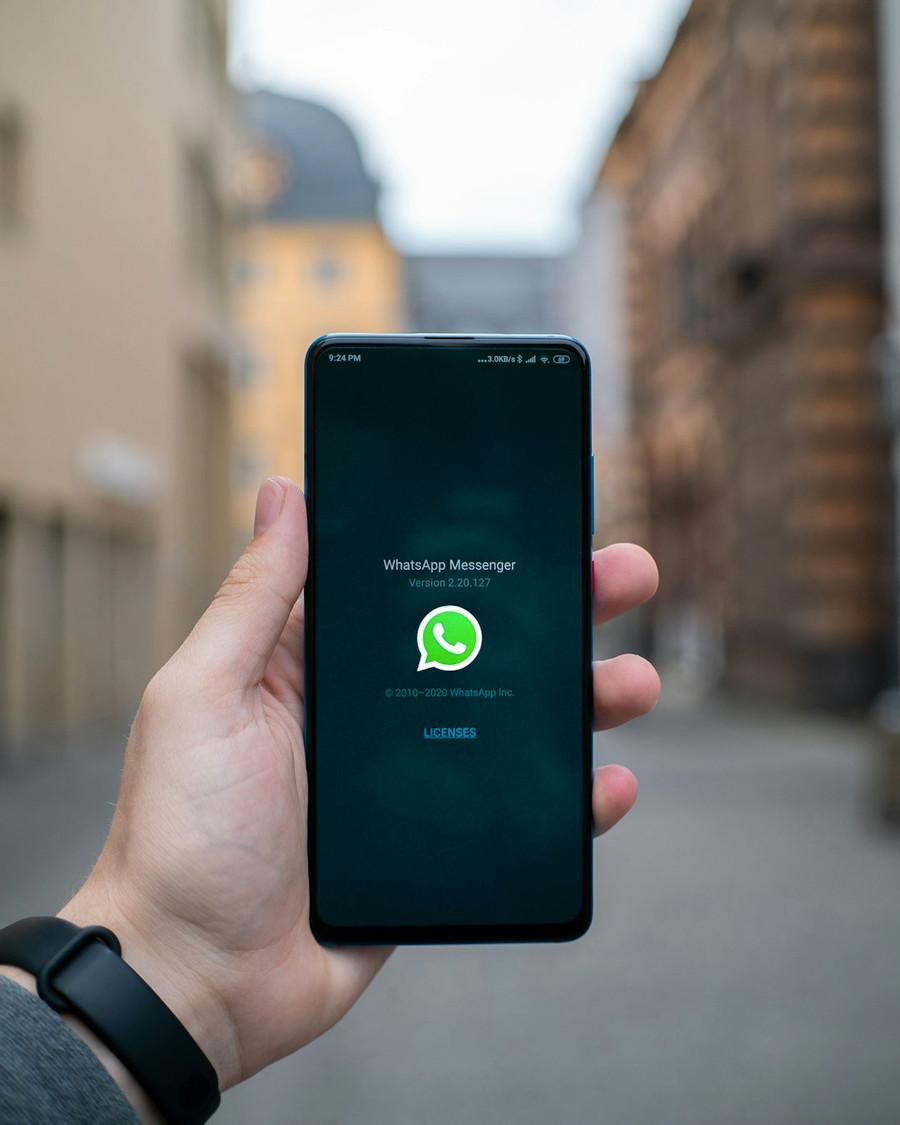How the internet changed our language
Curated from: bigthink.com
Ideas, facts & insights covering these topics:
8 ideas
·658 reads
7
1
Explore the World's Best Ideas
Join today and uncover 100+ curated journeys from 50+ topics. Unlock access to our mobile app with extensive features.
The Web And How We Talk: Key Takeaways
- The language we use is determined by "weak tie" relationships, that is, with strangers and interlocutors. For the first time in history, the internet provides an entire world of weak ties.
- The result is that internet language has evolved in different stages. If you remember MUDs, AIM, or Habbo Hotel, you might remember internet language differently.
- "Lol" has a huge variety of linguistic uses, and it is a fascinating example of how internet vocabulary serves IRL (in real life) needs.
8
117 reads
Language: Then and Now
- Naughty,” in Shakespeare’s England, was to be a “naught person” — a soulless, wicked, half-man.
- “Awful” and “awesome” once meant the same. (They both meant “awesome.”)
- To be “generous” once meant to be of noble and pure blood. (Only they could be magnanimous, you see.)
- If you were “disappointed” you were quite literally removed from office — you were fired.
8
113 reads
When Tankers Become a Speedboat
Language has always changed, but it does so as a slow trawl and rarely ventures far. Semantic shift operates like a tree, growing slowly but resolutely, and it’s only with the time-lapse of retrospection that we can see how far it has come.
But then, at the end of the 20th century, something peculiar happened to the world. Suddenly the tiny, isolated communities and regional variations were thrown together. We had the internet.
8
97 reads
Strong and Weak Ties
The internet makes language change faster because it leads to more weak ties, and you can get to know people who you never would have met otherwise.
With hashtags, viral videos, and “following” strangers, we are constantly rubbing up against people of different linguistic communities. Whereas before we would only occasionally meet or form these “weak ties,” now we’re swimming in a sea of linguistic foreigners and interlocutors.
8
72 reads
The Generations of Internet Users: The Old Internet People
They were the early adopters of the internet. Because few of their IRL (in real life) friends were online, these people needed to use “topic-based tools like Usenet, Internet Relay Chat (IRC), Bulletin Board Systems (BBSes), Multi-User Dungeons (MUDs), listservs, and forums” to reach out to strangers. Usenet was the most common, serving as an ancestor to Reddit and Google Groups
8
71 reads
Social Internet
The main difference between this generation and the previous is in seeing the internet as a social medium. The Old Internet People mainly kept their social lives offline, but the second wave turned to MSN, AOL/AIM, MySpace, and WeBlog to connect with friends as well as strangers. Slowly, MySpace gave way to Facebook and Twitter, via social gaming sites like NeoPets and Habbo Hotel.
8
61 reads
Post-Internet
If you can remember joining social networks when they were still unpopulated, niche, fledgling things, then you likely belong to the above generation. If, though, you joined an already bustling online world of social networks, this is your generation. In this group, there are two noticeable clusters: the first is the “Facebook cluster” (which includes Facebook, Twitter, and Youtube), and the second is the “Instant Messaging” cluster (which includes Snapchat, Instagram, iMessage, and WhatsApp).
8
67 reads
The depth to lol
The internet mainstay, 'lol' serves a fascinating variety of functions.
Of course, it still acts as an expression of laughter and enjoyment. You can reply to a joke with “lol” and capitalize or give it an exclamation mark if you really liked it. But “lol” also has other uses. It is a way to soften a potentially misread or offensive message, as in, “You were so drunk last night lol.” It can be a way to flirt: “You look good in red lol.” It can express or underline sarcasm, “This lecture is so fun lol.” It can even be passive-aggressive, “You better buy me a present lol.”
8
60 reads
IDEAS CURATED BY
CURATOR'S NOTE
i don't get it lol!
“
Curtis Lopez's ideas are part of this journey:
Learn more about communication with this collection
How to create a positive work environment
Conflict resolution strategies
Effective communication in the workplace
Related collections
Similar ideas
5 ideas
Language Is the Scaffold of the Mind
nautil.us
4 ideas
At What Age Does Our Ability to Learn a New Language Like a Native Speaker Disappears?
scientificamerican.com
4 ideas
When Learning a Foreign Language
psychologytoday.com
Read & Learn
20x Faster
without
deepstash
with
deepstash
with
deepstash
Personalized microlearning
—
100+ Learning Journeys
—
Access to 200,000+ ideas
—
Access to the mobile app
—
Unlimited idea saving
—
—
Unlimited history
—
—
Unlimited listening to ideas
—
—
Downloading & offline access
—
—
Supercharge your mind with one idea per day
Enter your email and spend 1 minute every day to learn something new.
I agree to receive email updates
